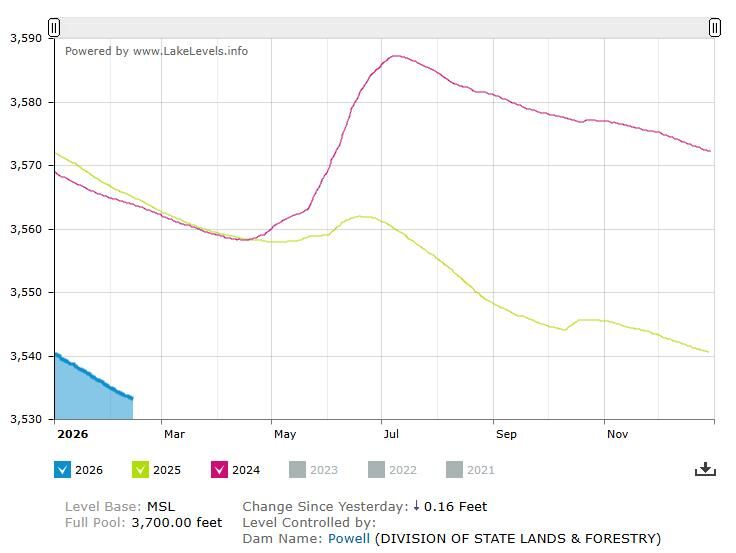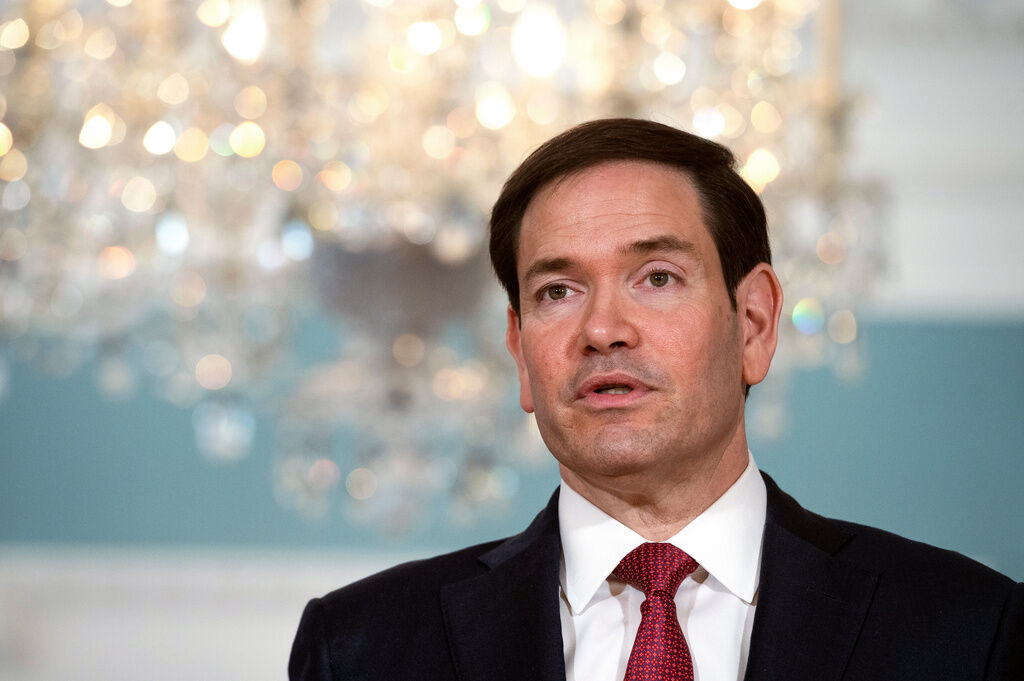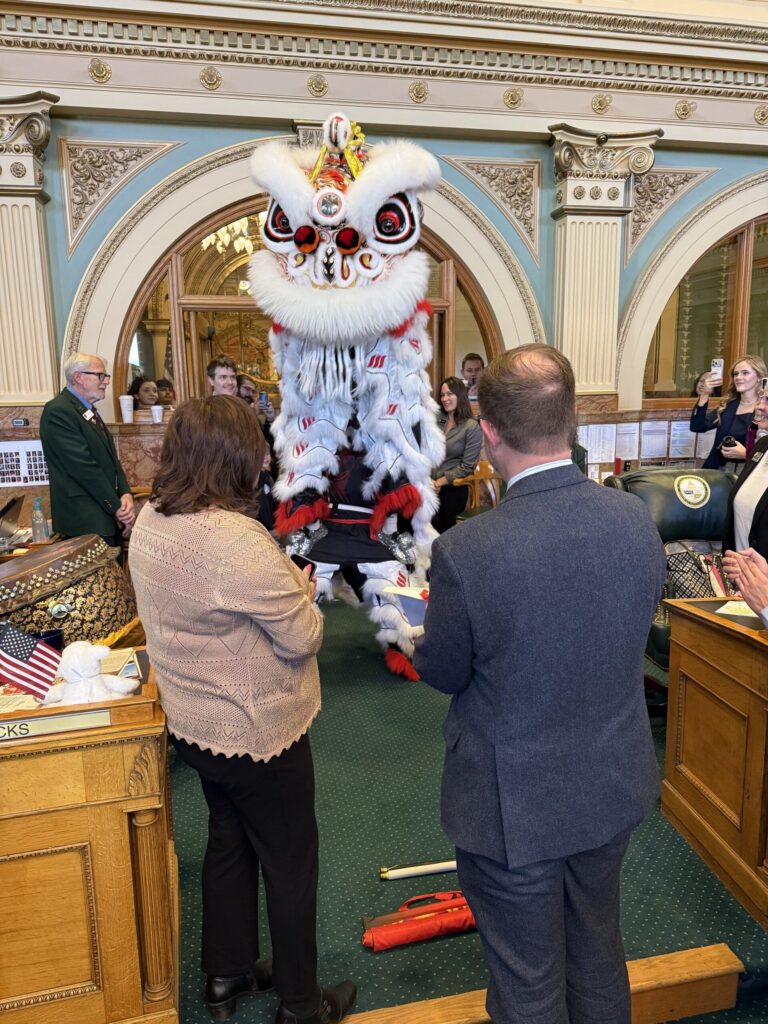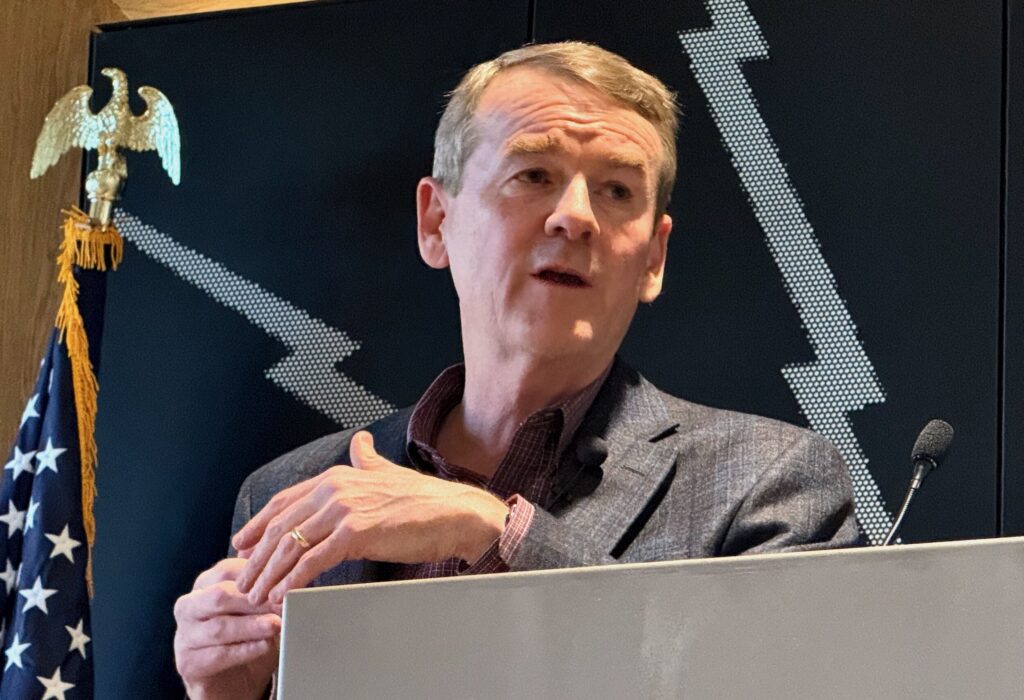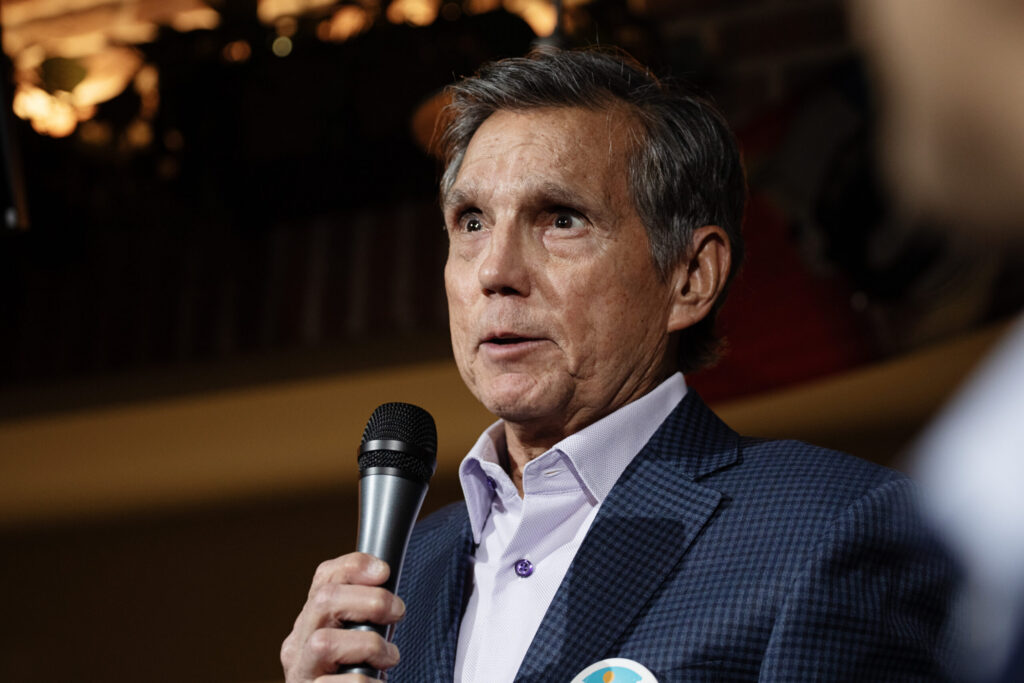Denver mayor seeks $100 million sales tax hike to build 20,000 ‘affordable’ housing units
Arguing $100 million more annually is necessary to build thousands of affordable housing units, Denver Mayor Mike Johnston and some of the council’s most progressive members are pushing for a sales tax hike that, if approved by voters, would make the city’s rate the highest in the region.
The proposed 0.5-point tax hike is the second sales tax increase that Denver’s elected officials want voters to approve this November. If voters said yes to both measures, the city’s sales tax rate would become the highest in all of metro Denver and northern Colorado, nearly rivaling the state’s resort towns.
In a press conference on Monday, Johnston, along with several officials, said revenue from the tax hike would go toward an affordable housing fund that the mayor hopes would allow the city to double its existing pipeline of new developments.
Johnston said existing funding streams will help fund about 20,000 new units. The new tax rate increase could provide $100 million in extra money and fund an additional 20,000 units over 10 years.
The mayor also sought to tie the tax hike to what he described as spirit of the American West, which Johnston said forged its path by refusing to adhere to the “old rules.”
“The old rules say you can’t both drive economic growth in a city and maintain affordability. We refuse to believe that,” he said. “Affordable Denver will be a ballot measure that we are proud to introduce today… And the results will put us on a path to close all 44,000 affordable housing units we need to deliver over the next 10 years.”
The push for the tax hike comes on the heels of Denver spending tens of millions of dollars in its response to illegal immigration and its campaign to provide temporary shelter to homeless people.
The city has so far spent more than $72 million on the illegal immigration crisis that has consumed much of the city’s energy over the last several months. The city’s taxpayers bore the burden of that spending, with only roughly $17.3 million coming from state and federal reimbursements.
The city is also on track to spend $155 million between July 2023 and December 2024 — $65 million more than Johnston previously said it would cost.
And just a few weeks ago, the City Council approved a 0.34-point sales tax hike, sending the measure to the November ballot. The tax, which officials hope would generate $70 million, would help fund Denver Health. Though a small amount compared to the health system’s $1.4 billion budget, councilmembers argued it would inject enough funds to maintain some of Denver Health’s services.
Combined with the 0.5-point tax increase, Denver’s new tax rate would rise to 9.65%.
That would make Denver the highest-taxed city in both the metro area and Northern Colorado for sales taxes — it would be higher than Nederland’s 9.435%, Commerce City’s 9.25% and Boulder’s 9.045%
Councilmember Sarah Parady said they are well aware that a tax rate increase may affect low-income residents disproportionately. She said certain items, such as food and gas, would be exempt from the tax rate increase. That’s something “incredibly important” to her, she said.
Actually, food or beverage for home consumption is already exempt from the Denver sales tax. Fuel for motor vehicles is also currently exempt. So, it’s not immediately clear if — although it’s likely that — the proposed tax hike would simply grandfather-in current exemptions.
To Parady, the tradeoff between paying more in sales taxes and funding more affordable housing is worth it.
“When half the people in our city are struggling paycheck to paycheck, unable to cover their housing for the month … think of the impoverishing impact that that has on our communities, our civic life and on our democracy,” she said. “I hope you will vote yes in the fall because this is what you all elected us to do and we’re up here doing it.”
Revenue from the proposed sales tax increase would be used to help fund more housing units, alongside Denver’s existing Expanding Housing Affordability Ordinance, which imposes requirements on developers. Under that ordinance, a developer must include a certain percentage of “affordable units” in new developments or pay a fee.
Johnston’s 0.5-point tax hike is but the latest effort to fund housing programs by increasing taxes or redirecting revenue toward those projects.
In 2022, voters approved Proposition 123, which dedicated 0.1% of income tax revenue for affordable housing. The measure is expected to raise nearly $300 million a year. The revenue helps to fund grants and loans to local governments and nonprofits to preserve or purchase lands for affordable housing.
While Proposition 123 redirected a portion of existing revenue, Johnston’s proposal increases the sales tax.
Johnston and councilmembers who support the plan insist that any increase in the tax burden would be mitigated by the money people would save by being able to afford their housing. The mayor also claimed Denver has one of the lowest tax burdens of the 40 largest cities in the nation. He didn’t cite any statistics to back up his claim.
The state of Colorado ranked No. 19 nationwide for tax burden, according to The Tax Foundation. Among large cities, Denver’s sales tax, if approved, would be less than that of Chicago (10.25%), on par with Los Angeles (9.5%), but higher than Boston (6.25%) and New York City (8.875%).
Throwing her support behind the proposal, Council President Pro Tem Amanda Sandoval said she has led the city as it seeks ways to address housing stock and affordability issues. Since 2019, she said she has worked to re-zone 96% of District 1, allowing residents to build accessory dwelling units, also known as “mother-in-law suites” or “carriage homes.”
“In June of 2022 Councilwoman (Robin) Kniech and I were the main council sponsors for the expanding housing affordability policy, recognizing that Denver’s growth has not benefitted everyone,” Sandoval said. “That was another tool to address the affordable housing crisis in Denver. However, the work is not done, which is why we are here today.”
The proposal will appear in committee on July 17 for introduction and public comment before heading to its first reading before the full council on July 29.
It must go through the council once more on Aug. 5, when it will face final approval. After that, it is in the hands of Denver’s voters come November.
It’s not immediately clear how much support the proposed tax hike has among councilmembers.
Councilmember Amanda Sawyer said she doesn’t know enough yet about the proposal.
When the council last month approved the 0.34-point tax rate increase meant to benefit Denver Health, only Councilmember Kevin Flynn balked at the proposal.
Flynn earlier said he worries that the city has begun to “reflexively” turn to sales taxes to fund programs. He called sales tax increases the most “regressive” form of increasing citywide revenue, arguing it would affect lower-income residents especially hard.
“My vote tonight is one of protest, but I am not going to campaign against the sales tax increase,” Flynn said. “I just wanted to go on the record as saying that we should have a more comprehensive solution than turning to our sales tax.”


